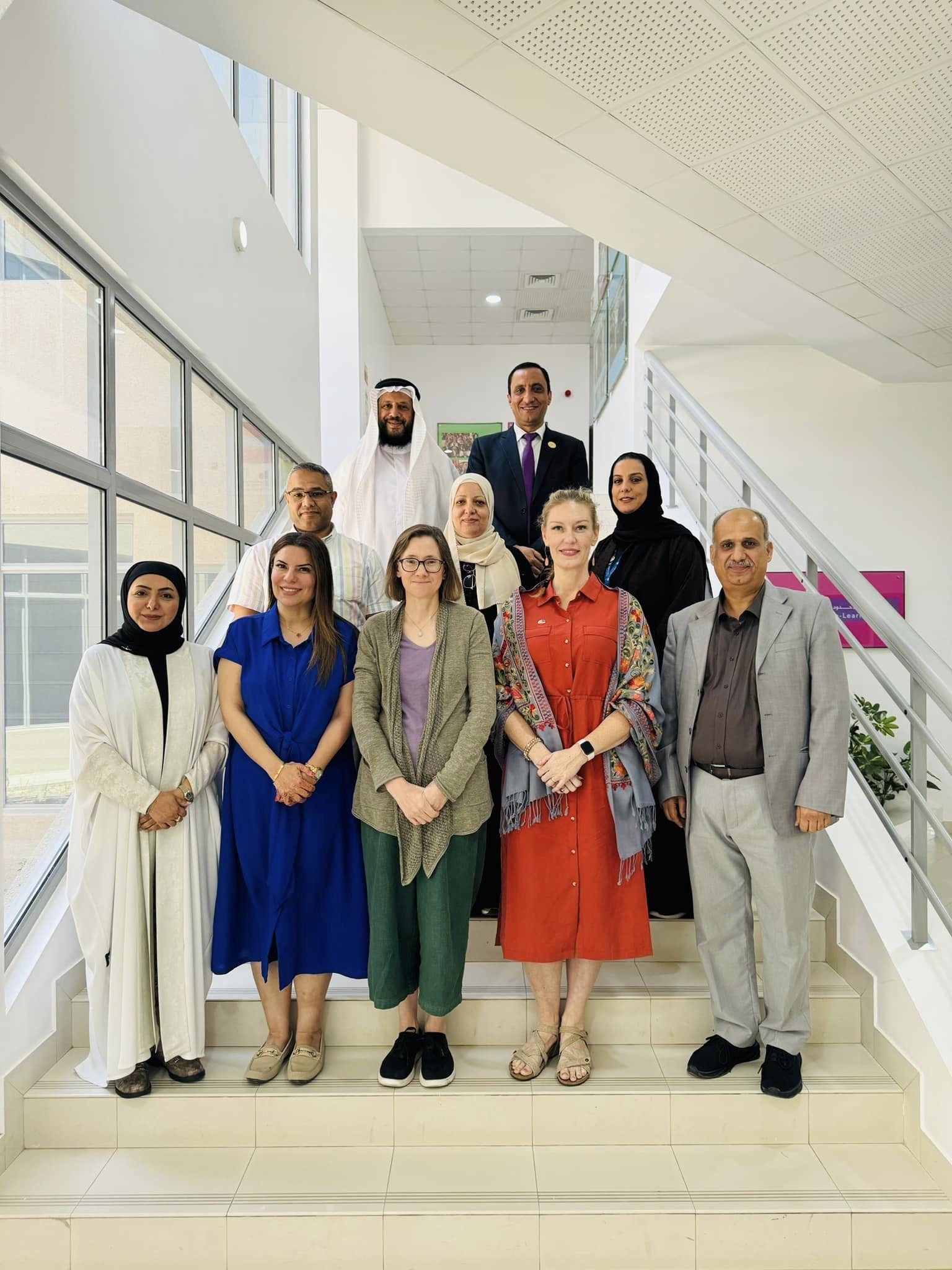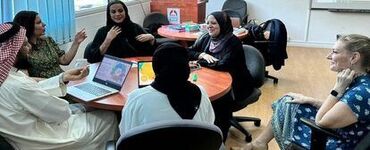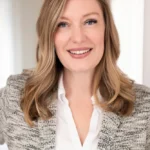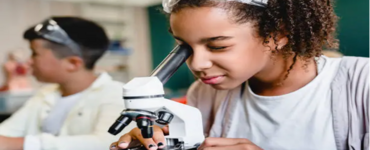This paper reflects on my experience as an English Language Specialist in Bahrain, where I led workshops at the Bahrain Teachers College and the Institute of Public Administration to enhance feedback skills crucial for effective leadership and teaching. The journey revealed profound insights into public diplomacy and highlighted universal educational challenges and gender role perceptions, transcending cultural boundaries. Interactions with a diverse group of professionals challenged my preconceived notions and underscored the impact of cultural exchange on personal and professional development. This experience emphasizes the importance of educational diplomacy in fostering global understanding and cooperation, offering valuable lessons in open-mindedness and intercultural engagement.
Keywords: Specialist, Bahrain, US Department of State, Middle East
My recent trip to Bahrain, a small island in the Persian Gulf, was an enlightening experience that profoundly influenced both my professional practices and personal perspectives. I was selected for a two-week assignment as an English Language Specialist with Bahrain Teachers College and their national Institute of Public Administration. Funded by the US Department of State, English Language Programs connect American TESOL professionals with US Embassies around the world. While English Language Fellows are tasked with delivering English language programs, English Language Specialists are aimed at strategic support, program improvement, and teacher professional development. More importantly, these programs seek to foster public diplomacy and mutual understanding through cultural exchange. My charge was to lead workshops aimed at enhancing skills in providing constructive feedback—a crucial aspect of effective leadership and teaching.
As the journey approached, my anticipation was tinged with anxiety. The nights leading up to my departure were restless, filled with doubts about what I could offer to such a seasoned group of educators. I was fortunate to be paired with an outstanding Regional English Language Officer (RELO), Kim Chilmonik. RELOs are diplomats based in US embassies and consulates to develop long-term English language programming and advance US public diplomacy goals. In a pre-departure call with Kim she said: This is as much a public diplomacy effort as it is one to exchange professional expertise. And don’t forget, you are also there to learn. She gave me permission to learn. That sounds silly but it was huge. Out of necessity, we educators seldom slow down enough to quiet ourselves to learn.
Beyond finding it on a map, I had done minimal research on Bahrain prior to leaving. I relished my clean slate. Everything was new. The sparkling modern airport was a scene of cultural diversity, with men in traditional white linen thobes and women in black abayas, some with niqabs and others in hijabs. This vivid first impression made me acutely aware of my foreignness, despite my careful selection of modest, lightweight clothing suitable for Bahrain’s intense heat. The reception at the hotel underscored my distinctiveness; I was the rare foreign visitor who chose to come during the peak of Bahrain’s sweltering summer—akin to choosing to visit my home state of Minnesota during a brutal January winter.
Like a kindergartner on the school bus, I was excited and afraid. I have no print literacy in Arabic and my oral skills are limited to a few social niceties. I learned of the Persian Gulf in 8th grade when the US waged war in the region. I wrote in my middle school journal how shocked and sad I was at the time. Since then, I had heard the names of Gulf countries on the news and I had met a few people from the region, but my cultural knowledge was limited.
At Bahrain Teachers College, I met a diverse group of professors from Bahrain, Egypt, Sudan, the Philippines, Iran, Jordan, and Saudi Arabia. I introduced myself, showing photos of my family, and telling stories about where I live. I told the folklore of Paul Bunyan and marveled at how our two radically different homes had come to the same solution to a harsh climate – giant shopping malls. Faculty members at Bahrain Teachers College discussed the rewards and difficulties associated with training all of the teachers in the small nation. We commiserated about the similar impact that COVID had on our teaching force. Not so similar was how our nations responded to these teaching crises. Bahrain opted to fully fund university-based teacher preparation, covering the cost of tuition as well as a living stipend. The United States has largely responded by loosening teacher licensure laws, effectively lowering the qualifications of our teachers. Once again, an opportunity presented itself for me to learn.
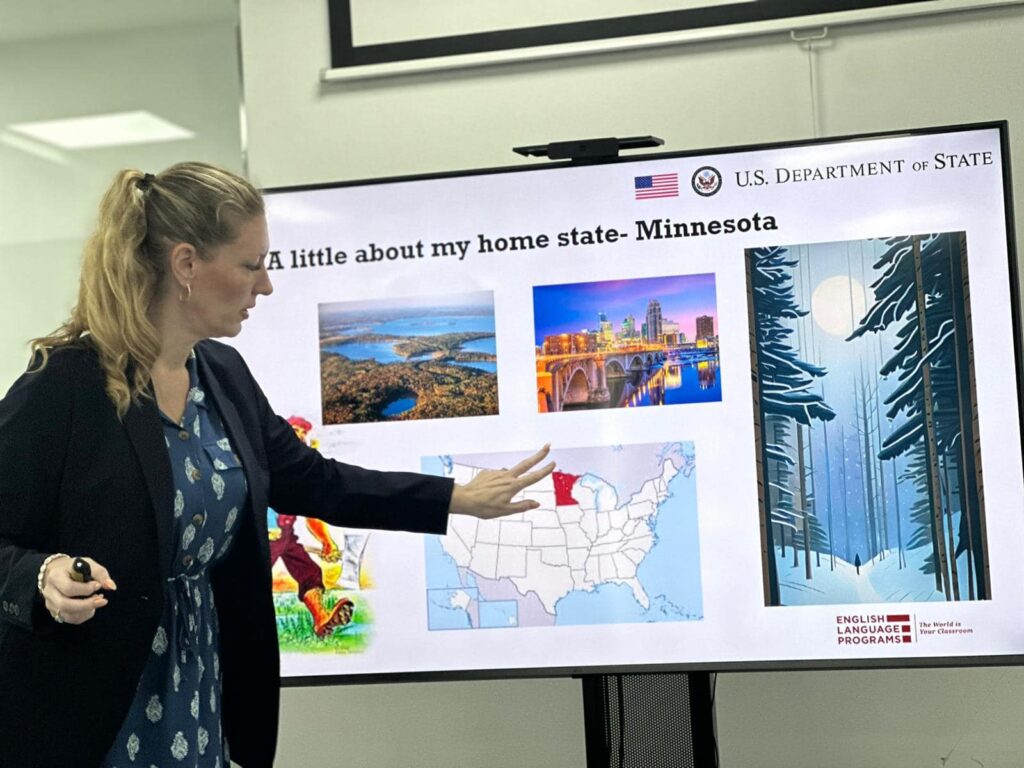 |
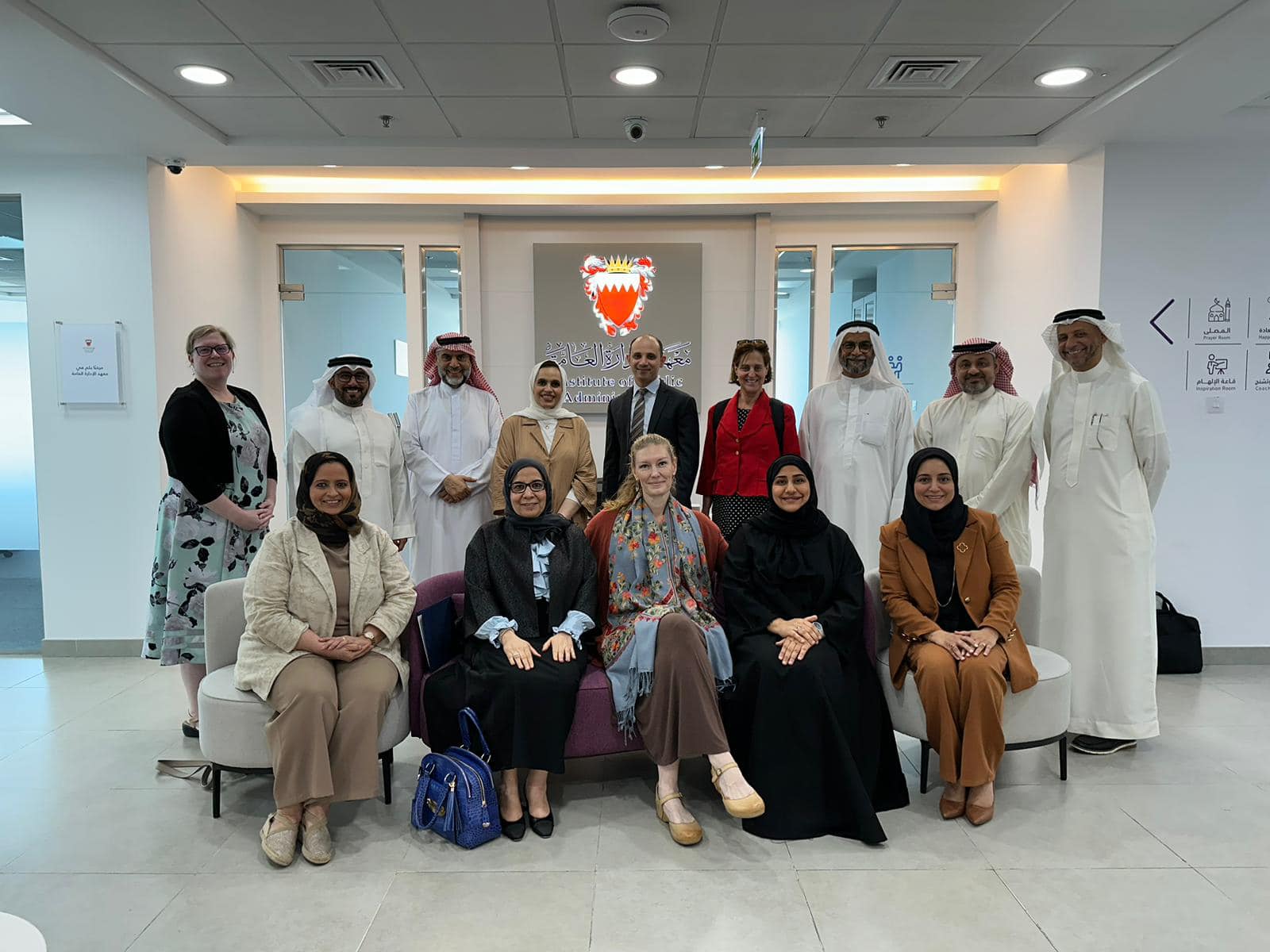 |
The strength of professional women that I met in Bahrain was particularly striking. These women, educators and leaders, navigated complex roles with determination and grace. One professor shared that she has a side gig developing popular televised mini-series catered specifically to women to be aired during Ramadan. Another pulled me aside to share that she, like me, also completed her PhD while raising a set of twins and another young child. Now with young adult children and at the height of her career, she was struggling with feelings of overwhelm. I felt that I had met my exact doppelganger in the Middle East! I marveled at what I thought was my solitary experience actually being a universal one. Discovering such parallels in seemingly disparate lives was a poignant reminder of the universal challenges and triumphs we share, transcending geographical and cultural boundaries. She was the first of so many who shared their stories and lives with me. In a short amount of time, we felt like old friends.
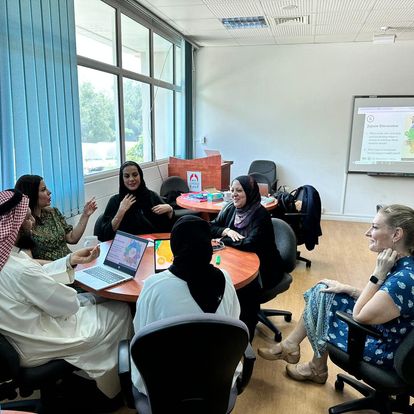
I would be remiss not to comment on the men I interacted with. They were humble, gentle, and generous with their time and talents. Amongst the teacher educators at Bahrain Teachers College was a group of mostly male professors of Islamic studies. They interpreted for each other when they didn’t understand, asked questions that deepened my own thinking, and wait for it… One was a renowned Arabic poet. Woven into his contributions was his very own improvised poetry. His colleagues quieted and absorbed his prose through misty eyes. They interpreted for me so that I could also enjoy his craft. These moments took me back to what I thought were sensationalized representations of academia in the media. Could it be that on the other side of the earth university professors regularly engage with each other in deep philosophical conversations like they do in Good Will Hunting and Mona Lisa Smile? I had gotten so wrapped up in accomplishing tasks on my to-do list that I lost sight of this possibility in my profession. While at the Institute of Public Administration on my last day in Bahrain, a high level executive overheard that I was going to the national museum alone. He rearranged his schedule to take me personally, telling me stories of his youth, woven with an astoundingly comprehensive history of the small island dating back to the Dilmun Empire in the 4th millennium BC.
While I thought I had entered the country with a clean slate, I slowly came to realize that I had not. American media’s portrayal of Middle Eastern women as submissive and men as aggressive had made a home somewhere deep in my psyche. These experiences in Bahrain brought my own subconscious biases to the forefront, countered them, and led me to consider what other misinformed notions I might have buried deep.

Google helped me answer some of the questions I was too embarrassed to ask. What is Islam, really? Why do so many people have calluses on their foreheads? What are the clicking devices that some people wear on their fingers? What is the call to prayer? I learned that Islam literally means “submission”, a word I had grown to dislike in my own childhood faith tradition. Calluses can develop due to frequent prostrating in prayer, clicker rings can be used to count prayers throughout the day, and the call to prayer is a reminder to submit. That is, to put aside whatever you are doing and settle yourself in sync with your community in quiet thought, in prayer. I wondered how my mental health and that of my society could be soothed by such a habitual, communal meditative practice. What once registered in my brain as odd or even offensive now computed as wise and healthy. I was smacked with the simplicity and the opacity of this lesson I needed to learn. Is it possible that my attachment to my to-do list and my inability to submit, to surrender to quiet and to community, is the very source of my anxiety? If submission looks like poetry and history and camaraderie, it is definitely something I need to reframe and reconsider.
It is now clear why my RELO told me that my specialist assignment would be a learning opportunity for me as well as exercise in international diplomacy. We are all susceptible to tribalism, despite our attempts to rise above it. I am not immune to this very human tendency. I’ve come to believe that opportunities for authentic human interaction like my time in Bahrain could be the answer to much of the geopolitical conflict we see today. Personally, something has shifted deep within me. I approach this new academic year with a fresh perspective and a commitment to quiet myself to learn, insha’allah.
Did you know that Minnesota is a national leader when it comes to US Department of State English Language Programs? In 2024, the top producing English Language Specialist institution was the University of Minnesota, and the top producing English Language Fellow institution was Hamline University. If you are interested in learning more, visit www.elprograms.org.
